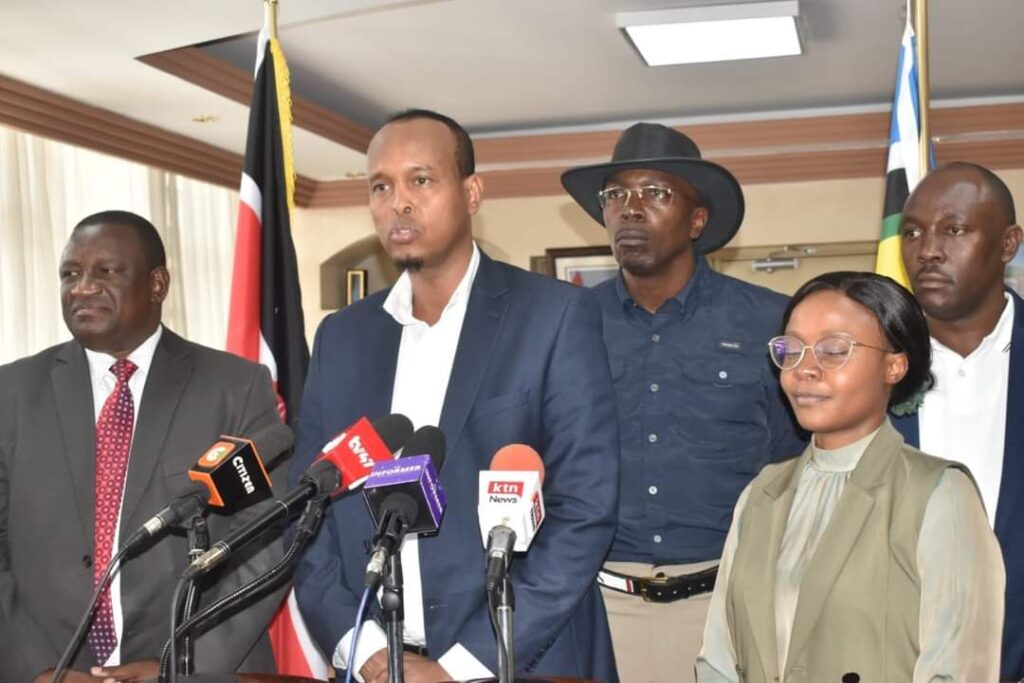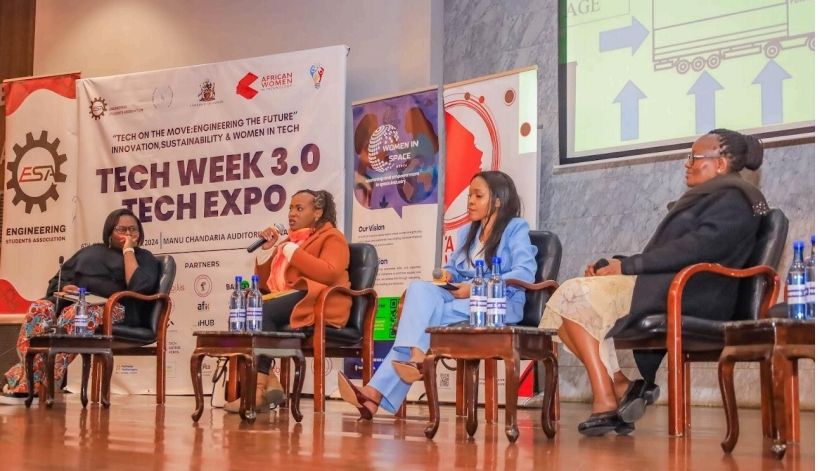Fish Stakeholders Air Their Views For a Better Sector

Stakeholders in fish processing and trading have forwarded their recommendations and inputs for the consultative meeting of stakeholders in the Fish Value Chain.
These recommendations were addressed to the office of the Director General of Kenya Fisheries Service. The stakeholders were led by Abdikhadar Farah, the Managing Director Simple Life Processing and services Ltd.
The recommendations are categorized as follows:
Marketing and branding
Marketing campaign for “Kenyan Seafood” as world-class, to debut at Boston and Barcelona seafood expo. Bring along a consortium of seafood suppliers from Kenya sponsored by the government to promote a national seafood image and create market access opportunities.
Value-addition and Training
Train and equip fishers on world-class Japanese methods of post-harvest fish handling known as Ikejime. Train and equip communities level dealers and agents on optimal fish packing techniques. Train all BMU members on proper catch data documentation.
Create a national initiative to heavily subsidize or create favorable tax breaks or access to capital for value-added seafood initiatives such as pre-cooked meals, fillets/saku blocks/poke cubes, and then valuable products from fish waste such as fish oils, supplements, collagen, etc. (a highly lucrative endeavor).
Traceability & VMS
Create tax break incentives for fishing companies so that they implement vessel monitoring and traceability systems for their network of harvesters. This opens up high value, high demand markets for Kenyan seafood, improves sustainability and fisher safety, and enables the Kenyan government to receive lots of foreign trade currency as a result.
Food safety and sustainability certifications
Kenya invests in more FIPs and MSC certification efforts. These are compulsory to be competitive in the Global North seafood market and have to be initiated by the government.
Kenya finances and supports fish plants in getting proper international food safety certifications so products can be exported to high value, high demand markets more easily.
Input cost reduction, subsidization, and financing
Kenyan government purchases coolers and gear in bulk from international company and sells them at a reduced cost compared to local prices while still earning profit for itself.
Kenyan government offers massive tax incentives and access to capital for light industrial manufacturing facility that makes coolers, killbags, and other gear for the industry so as to avoid paying exorbitant high prices for inputs in Kenya.
International Logistics
Make it incredibly easy for Kenyan fresh and frozen seafood exports to leave the country from a documentation standpoint so as to encourage international trade.
Cold chain infrastructure – Build ice plants all across the coast and offer their management not to local communities but to private sector actors, providing opex capital at first and training to ensure the success of the business and its active running.
Off taker financing and lines of credit -Offer attractive A/R financing for large-scale buyers and distributors of locally sourced, sustainable seafood as well as newly purchases vessels.
Fisheries management policies, sustainability, governance and enforcement
Create tax breaks for submitted catch records so as to provide ample data to transition fishery into quota-based system
Enforce migrant fisheries and ensure they pay BMUs extra money per KG of fish landed than domestically licensed fishers
Providing proper interventions such that the prawn blockade in Kenya is listed by the American import body.
Alternative livelihoods – Develop the seaweed sector including value-added processing related to cosmetic inputs, sea moss gel, etc.
Create loan programs that encourage female participation in seaweed farming and fishing so as to increase gender inclusivity in Kenyan fishing.
Develop more mariculture finance, training, and market access initiatives related to prawns, mud crabs, etc. on the coast.”





